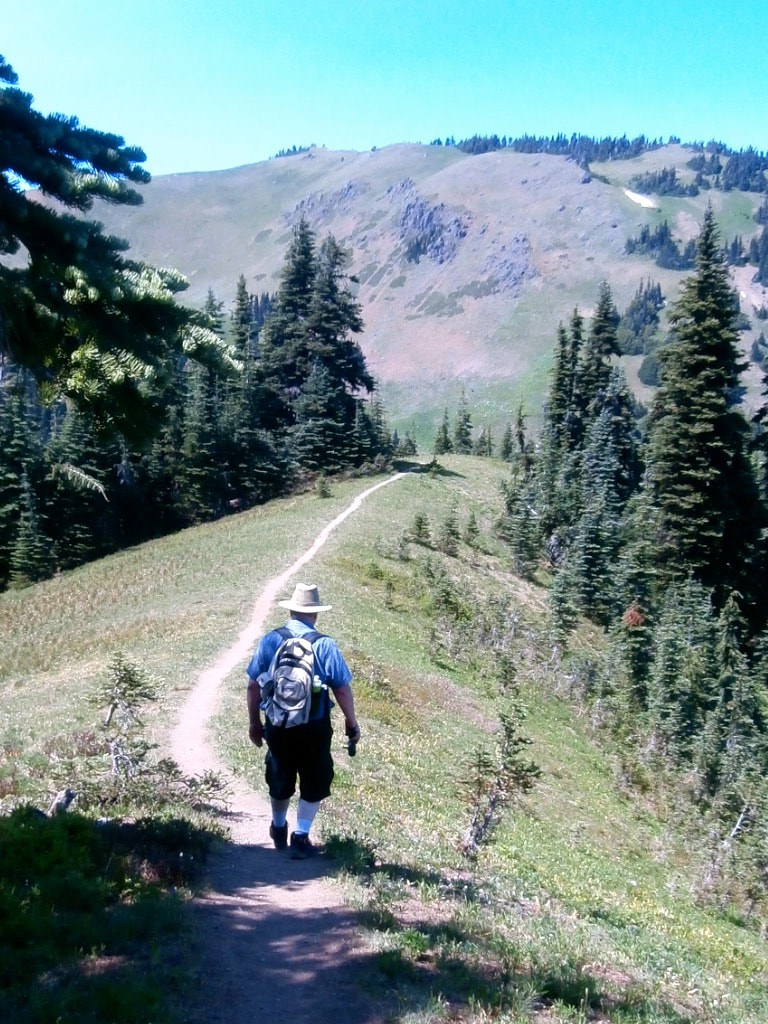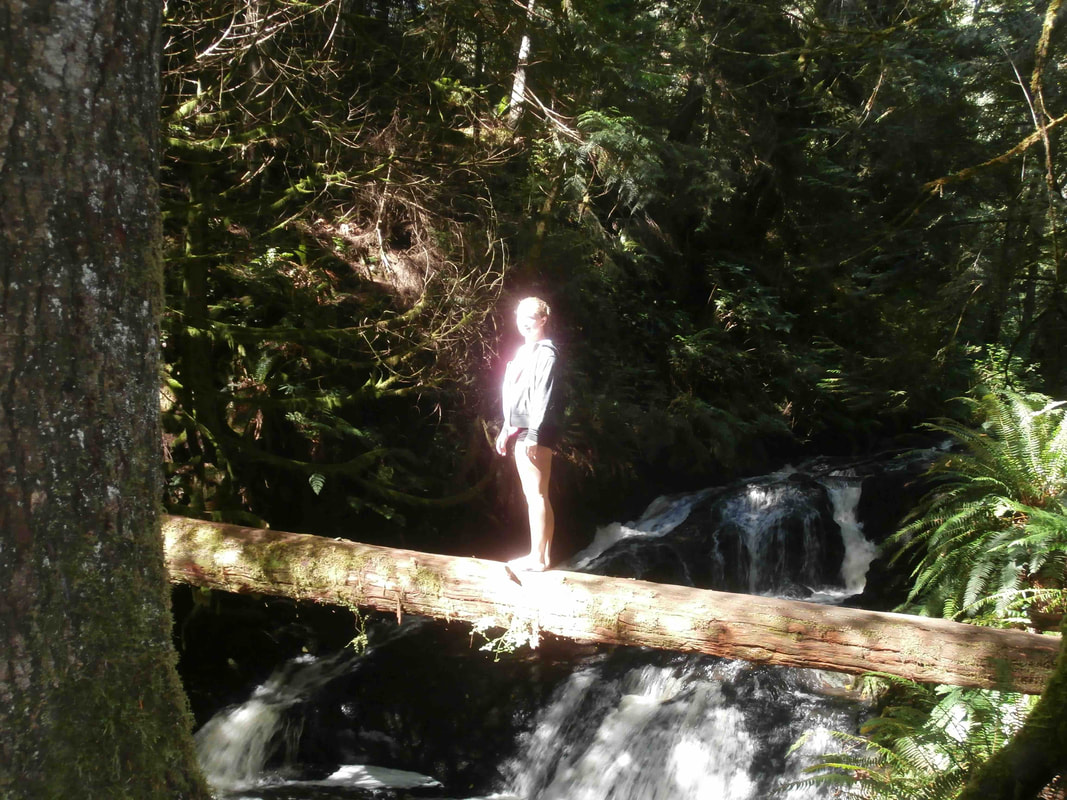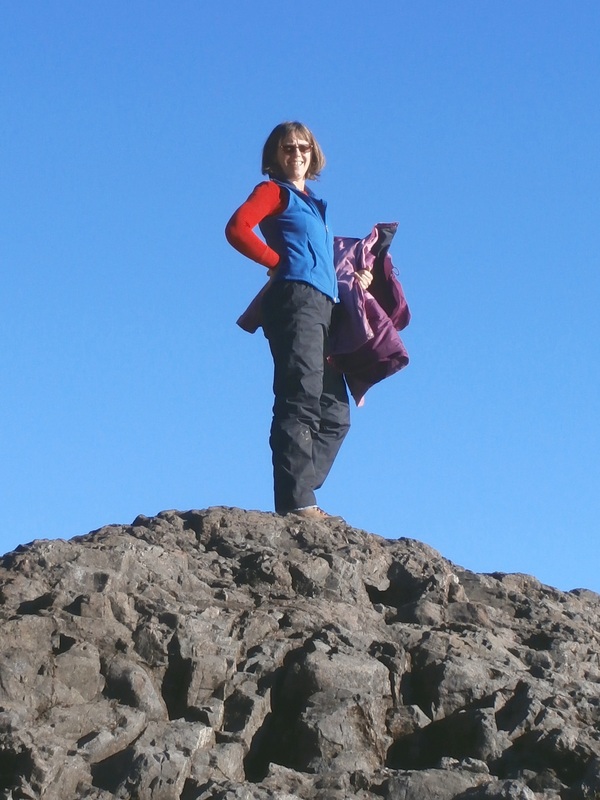|
A reflection on Matthew 3:1-12 delivered to the people of St. David of Wales Episcopal Church in Shelton the Second Sunday of Advent. The first chapter of Matthew’s gospel begins by foretelling the birth of John the Baptist. An angel came to his father, Zechariah, a priest saying: Your wife Elizabeth will bear you a son, and you are to call him John. 14 He will be a joy and delight to you, and many will rejoice because of his birth, 15 for he will be great in the sight of the Lord. He is never to take wine or other fermented drink, and he will be filled with the Holy Spirit even before he is born. 16 He will bring back many of the people of Israel to the Lord their God. 17 And he will go on before the Lord, in the spirit and power of Elijah, to turn the hearts of the parents to their children and the disobedient to the wisdom of the righteous—to make ready a people prepared for the Lord. Today’s scripture introduces us to John as an adult, just a few months older than his cousin Jesus, fulfilling the angel’s words about him. In Matthew’s gospel, John proclaims, “‘Repent, for the kingdom of heaven has come near,’ and people of Jerusalem and all Judea were going out to him, and all the region along the Jordan, and they were baptized by him in the river Jordan, confessing their sins.” Later, John will baptize Jesus to mark the beginning of Jesus’ public ministry, and because of this, we often think of Jesus as the first person to be baptized in a ritual that John invented, and that we continue today. But before John began baptizing people as a symbol of their repentance, converts to Judaism were baptized, leaving behind their old idols and gods to follow Yahweh. Jewish people already participated in ritual washing which was sometimes full body immersion, and other times handwashing only, but unlike baptism, which we observe as happening only once, the ritual washing was repeated over and over again. We don’t know what John said to the regular people who came before him as they confessed their sins. He may have met them with hard words, with the intent of pushing them into radical change. Maybe his words weren’t scathing, but just blunt. He doesn’t seem the type of person to mince words or to speak carefully so that everyone will like him and get along with him. We do know that when the religious leaders came before him to be baptized, he didn’t hold back, calling them a “brood of vipers!” which is a family of snakes that eat their mother! And he warns them of coming judgment that they must bear good fruit or be destroyed. Karoline Lewis, Associate Professor of Preaching and the Marbury E. Anderson Chair in Biblical Preaching Luther Seminary in Saint Paul, MN writes that, “we tend to forget that the prophets in ‘Old Testament Times’ were not doomsdayers or predictors of the future. They were truth-tellers of the present.” John, who grew up as the son of priest, familiar with church and has scathing words for those in religious power, those serving the institutional church, as he sees where their present behavior is leading—to a love of power more than a love of God, to a love of power more than a love of God’s justice and mercy for the poor and oppressed. In his book Democracy Matters, philosopher Cornel West writes that “Prophetic beings have as their special aim to shatter deliberate ignorance and willful blindness to the sufferings of others, and to expose the clever forms of evasion and escape we devise in order to hide and conceal injustice….” It takes courage to speak truth to power, and the world then and now needed and needs people like John who say it like they see it and don’t worry about what others think of them. In the words of Karoline Lewis: There are too many in the world terrified of telling the truth. There are too many in the world who cannot speak the truth because they are afraid—and rightly so. There are too many for whom telling the truth brings too much pain, both personal and professional. To be a prophet … is to give voice to those whose voice has been silenced. It is to give voice to those who have been told that their place doesn’t matter. My guess is that many of the ordinary people who came to John were those who had been silenced; those who were told they didn’t matter. They find John in the wilderness of Judea dressed in simple clothing and living off the land, forsaking the comforts and conveniences of the day as he relies on God’s provision. And he preaches repentance in order to prepare our hearts for the coming of God among us. Matthew writes that John “is the one of whom the prophet Isaiah spoke when he said, The voice of one crying out in the wilderness: ‘Prepare the way of the Lord, make his paths straight.’” “As much as we should focus on the identity and the foretelling of the prophet, we can’t overlook a prophet’s place,” writes Karoline Lewis. “A prophet’s place gives a prophet purpose. A prophet’s place locates the testimony to an explicit need. Prophecy means nothing if it does not touch the specificity of setting and site,” she continues. John appears as,a wild man eating nothing but locusts and honey, and he cries out from the wilderness, not from the gates of the city or inside the synagogue. In the Old Testament, the Jews wandered in the wilderness for forty years while waiting for a place to call home, relying solely on God for everything they needed to survive, and complaining in the process. Later in the gospel accounts, Jesus journeys into the wilderness for forty days as he encounters temptations and determines the manner in which he will follow God’s claim on his life. Even today, being in nature restores us. In the wilderness, away from our daily responsibilities and distractions, we have time in solitude to meet ourselves and God in new and transformative ways. Living where we do on the edges of the Olympics and Puget Sound, we understand that the physical wilderness is not a place of desolation, but a place of beauty and abundance, a place where humans are not in charge, but are reliant upon weather and landscape. But venturing into the wilderness doesn’t always mean a welcome hike to the top of Mt. Ellinor or a planned backpacking trip along the coastal beaches. It can be any situation that pulls us out of daily rhythm and routine and makes us more aware of our humanity. It can be longed for yet jarring like isolation of being a new mother home alone all day with an infant, or moving to a new community where nothing is familiar. It can come suddenly in the shock of being laid off, or in the form of an unwelcome diagnosis. It can be a long wandering living with chronic illness, or the journey through grief and loss. John and Isaiah before him ask us to enter our wilderness not in a state of hopelessness or despair, but in a spirt of repentance—of turning away from that which separates us from God’s presence. I’m not a prophet, but I know that repentance born of fear and anxiety isn’t sustainable over the years. It might turn us from destructive behavior, but our letting go and turning away from must also involve a reaching for and turning toward—a repentance of openness, preparation and expectation that will serve us over the long haul. And though our individual repentance is an inward journey, we are also called to repentance is a church and community, so that together we turn toward God. You and I have done some of that already this morning: choosing to gather in worship instead of at Wal-Mart or in front of the TV. We don’t necessarily know what’s on the heart of the person sitting next to us, but we are here together, a community asked to prepare the way of the Lord, particularly in this Advent season. For me part of that preparation happens as I prepare to speak before you in response to the Gospel. As I do so, I pray for guidance and I meditate on the words for days and weeks while I cook and wash clothes and paint rooms and clean litter boxes. What is God calling me to say to us? What sort of prophet might I, or any of us who stand before you and deliver a message be? How do we discern and speak the truth for this particular time and this particular place in a way that honors God and is true to who we are as individuals? I wonder what John the Baptist would say to us if he were here in Shelton just weeks away from the winter solstice, more than 2000 years after he thought the end was at hand. Would he be surprised at God’s seemingly infinite patience? Would he quote Martin Luther King Jr., saying, “The moral arc of the universe is long, but it bends toward justice”? I once read an anecdote once about a little boy having dinner with his parents at Denny’s. The boy stood up, leaned over the top of the booth and said to the diners behind him, “No one knows what’s going to happen.” No one knows what’s going to happen, could easily be the extent of my prophecies. I don’t know what’s going to happen, but I do know what has happened when I prepare myself for God’s coming, and I feel called to invite you join me on a guided poetic journey into the wilderness. I invite you close your eyes if that feels comfortable, or to gaze softly at the cross. Let the sounds around us come and go easily, and begin to breathe deeply, noticing the rise and fall of your breath. Allow my words to take you anywhere the spirit and your imagination lead. We inhale deeply as we step into the unknown relying on nothing more than God’s provision Alone with our thoughts with our God we find a wilderness that calls to us a place of peace away from the clattering city stripped of noise and demands free from expectations, responsibilities and roles that sever us from our true selves We exhale deeply as we step away from friends and family with all their familiarity and stand alone in this wild place noticing our frailty and dependence on God and embracing our need rather than running from it We let even the trappings of religion rest setting aside forms, rituals, and conventions that constrict our desires and dreaming We let our faith unwind itself from outward expression and find what makes our souls sing We step beyond the boundaries of city gates stand outside the walls which welcome and shelter but also stifle and suppress We walk into the unknown where any wonderful or terrifying event might transpire where our fears and insecurities may surface but where our hearts might hunt for beauty and our feet trod toward truth In wilderness we face the sun and know we are more than the boxes we tick off more than the blanks we fill in more than the questionnaires we complete more than our latest test results and lab numbers more than any diagnosis or prognosis We let the rain fall on our faces and know we are worth more than any achievement more than any award or trophy bestowed more than any business success or failure more than any relationship restored or fractured We feel the breezing blowing and know we are more than our weakest impulses We are not defined by the worst thing we have ever done Though we wander in the wilderness we are not abandoned for God is with us The fire that baptizes does not destroy the true self but burns brightly within us Beloved—with every breath and every step and every thought in this Advent journey may the path unfold before us a blazing highway for our God a wildfire of hope illuminating the darkness welcoming all that is lost and all who wander back home into the arms of Eternal Love Amen
1 Comment
|
I began blogging about "This or Something Better" in 2011 when my husband and I were discerning what came next in our lives, which turned out to be relocating to Puget Sound from our Native California. My older posts can be found here.
Categories
All
Archives
September 2023
Newsletters |


